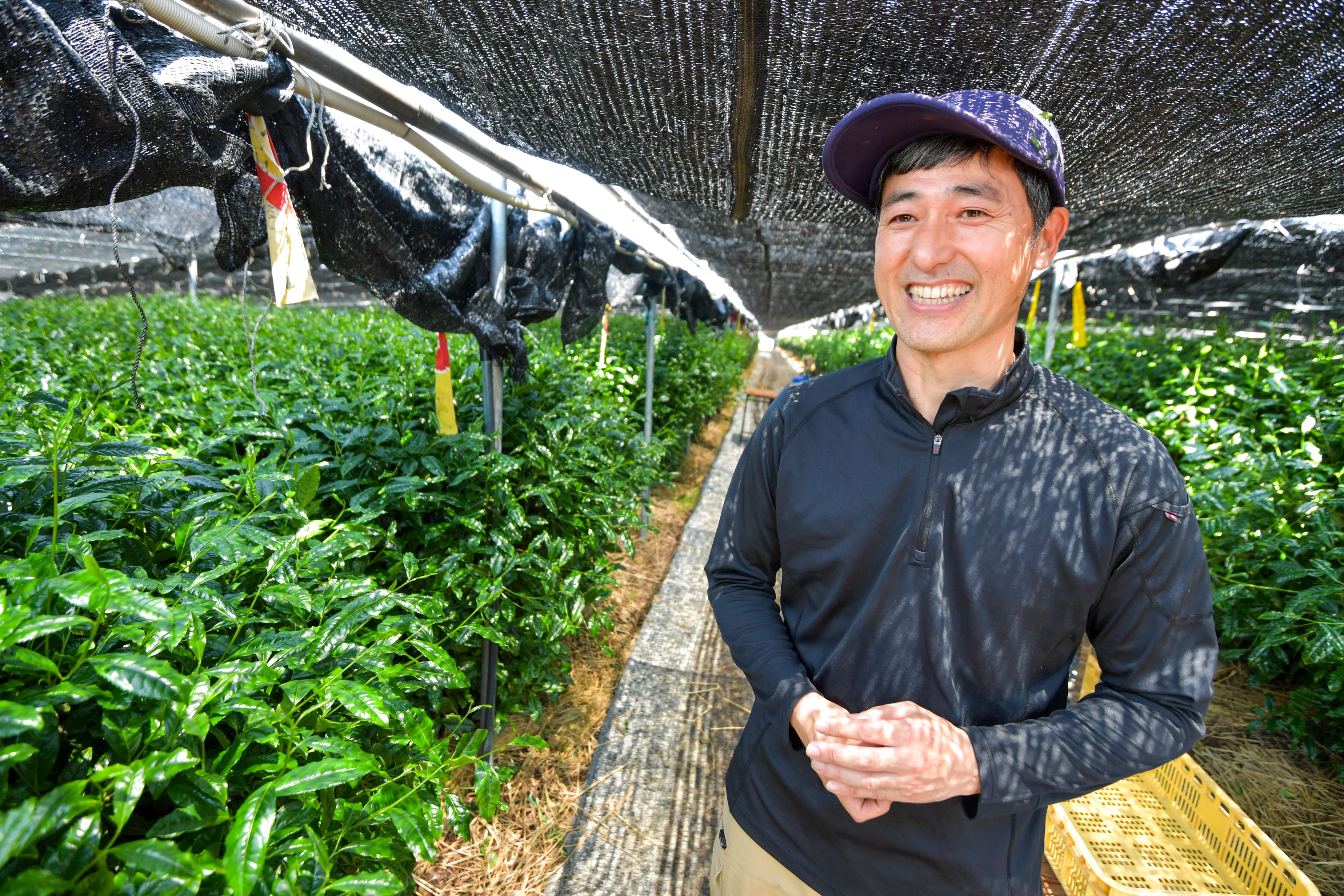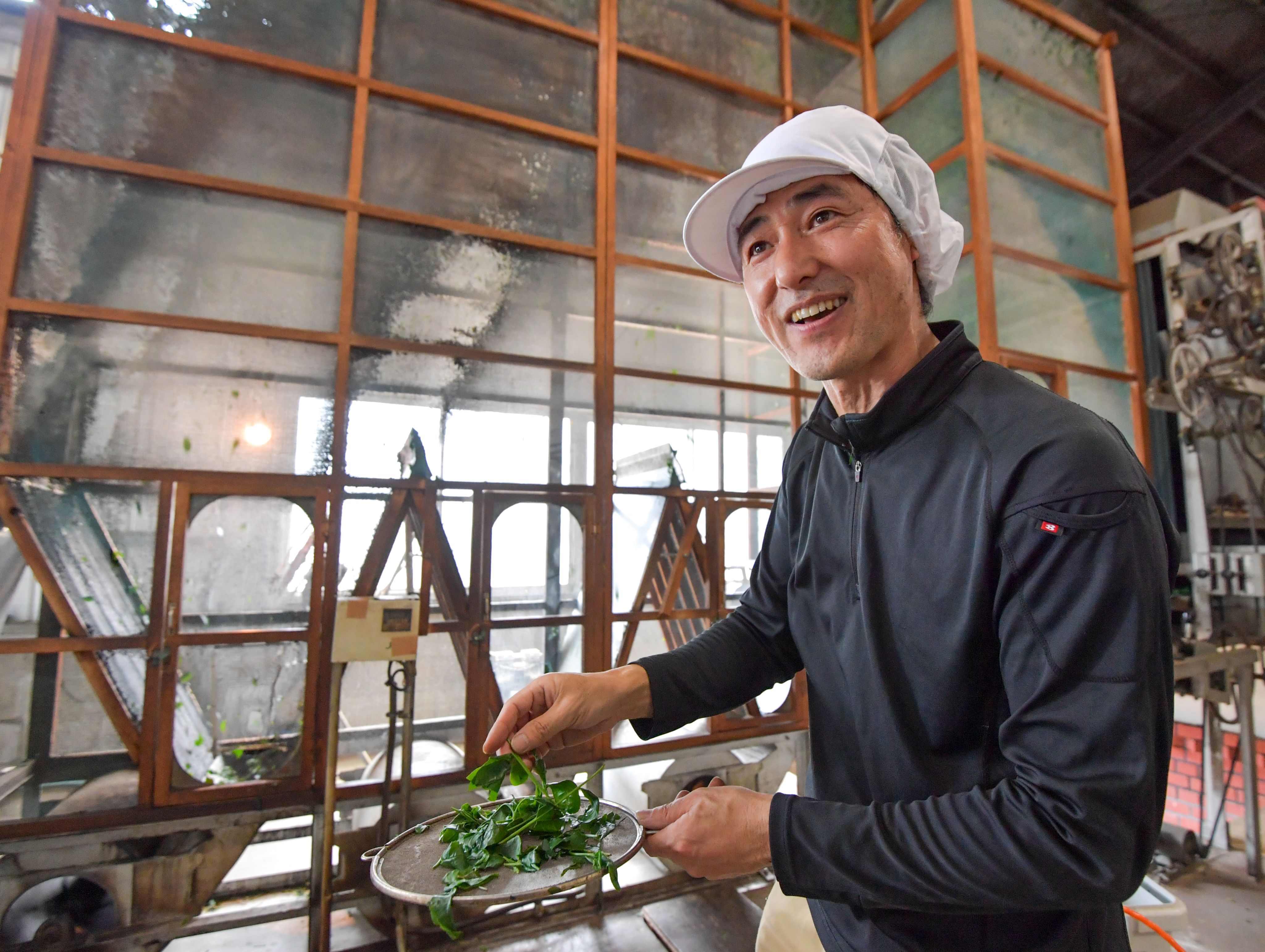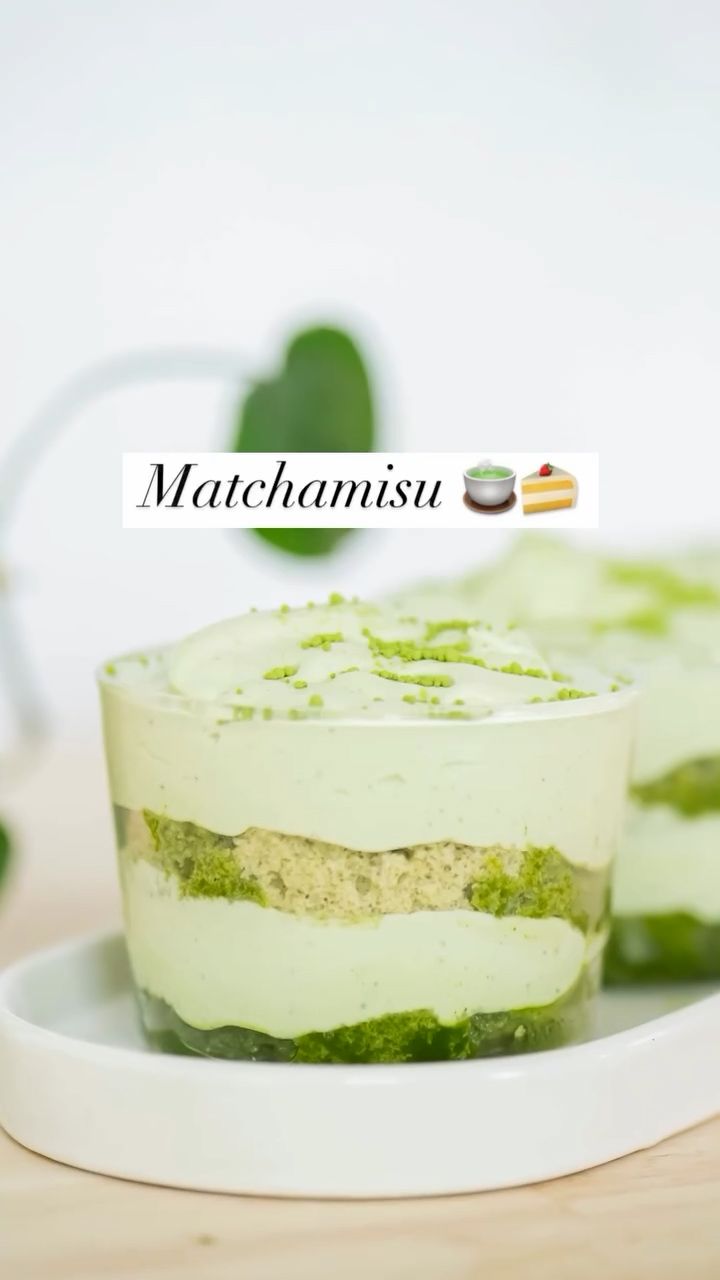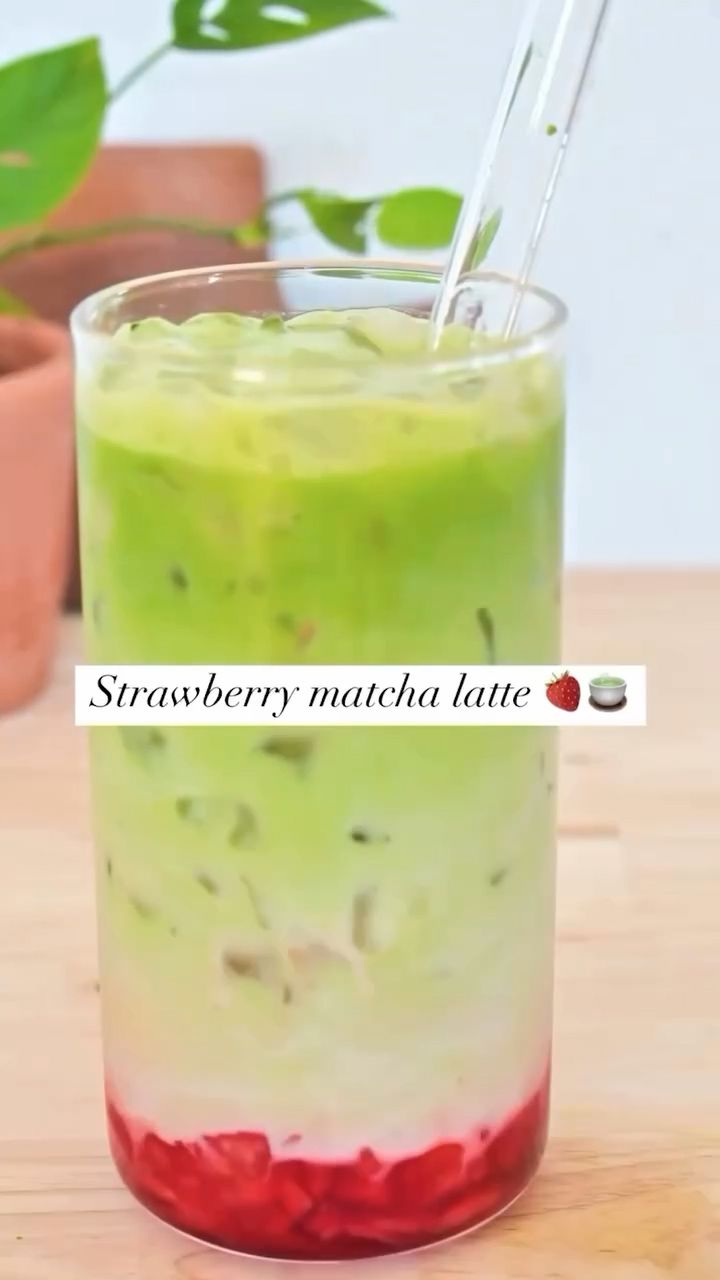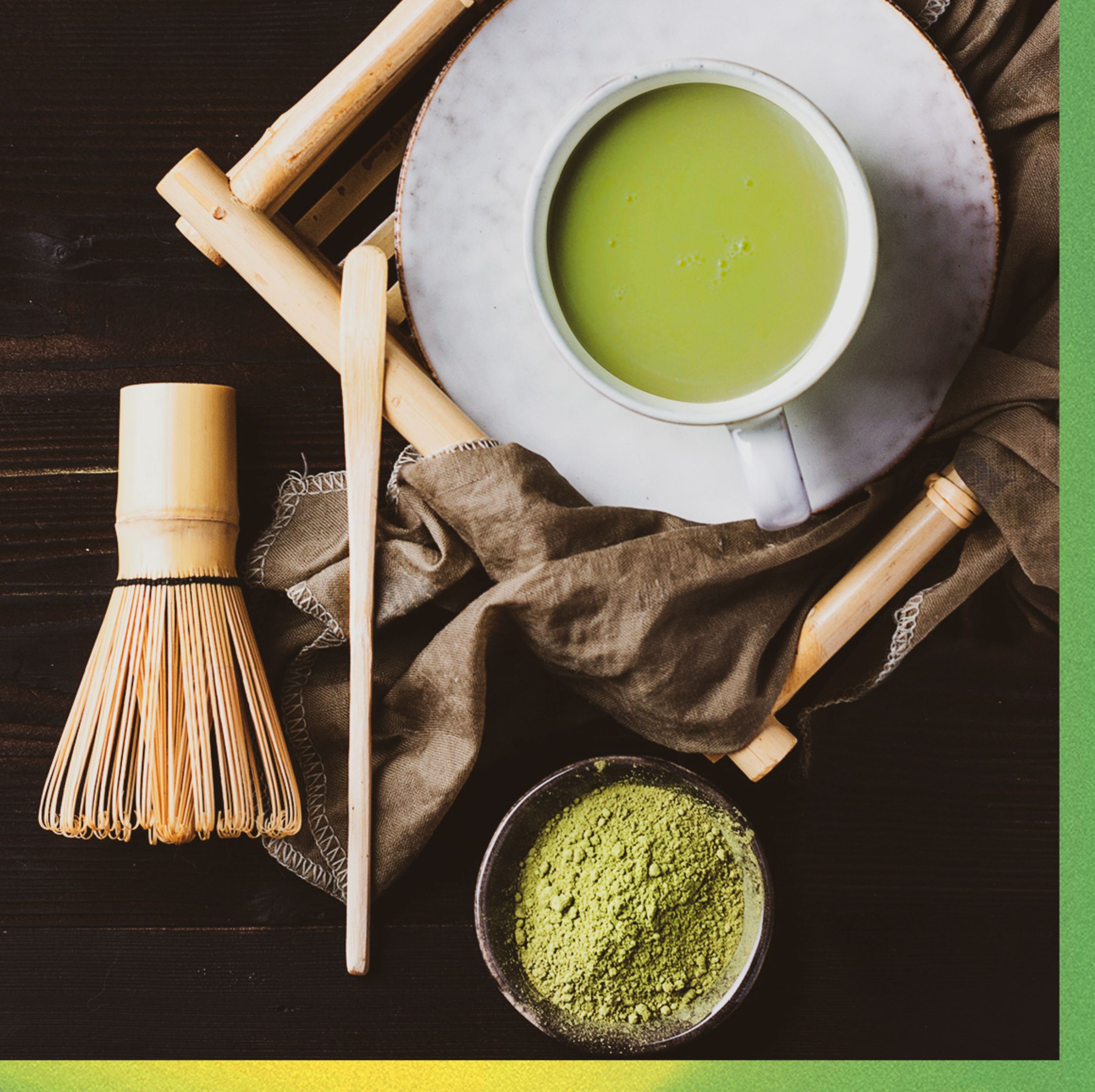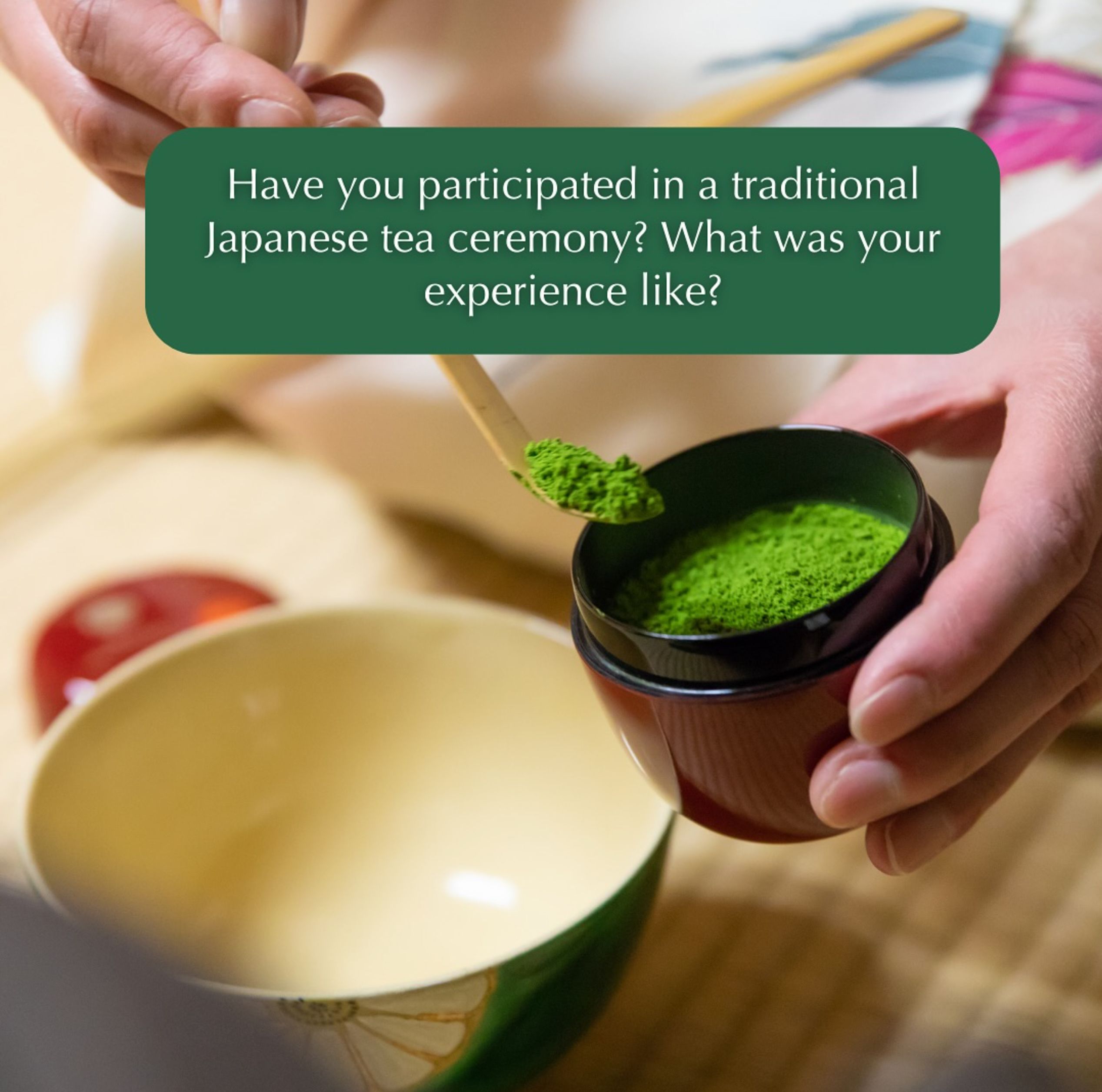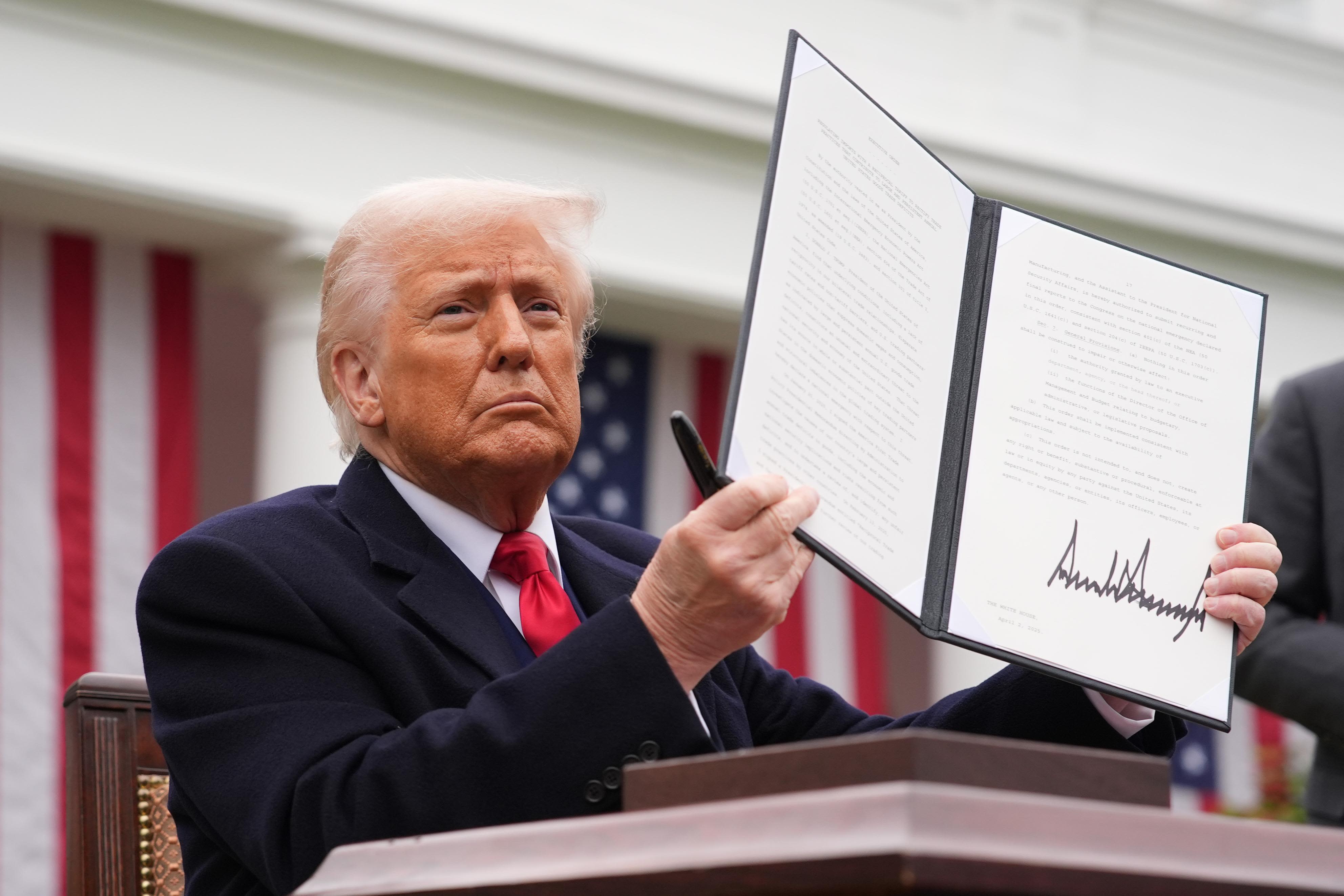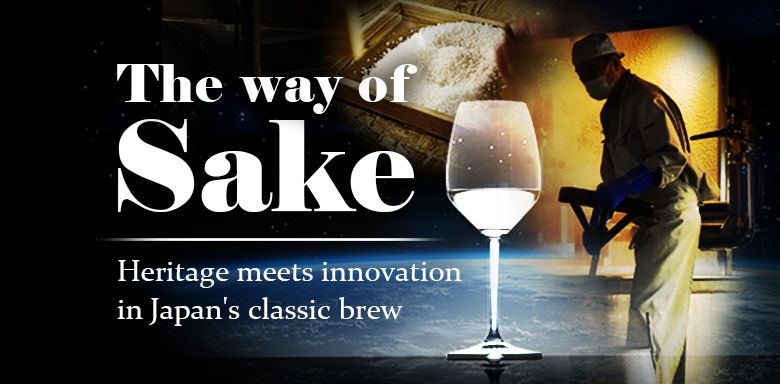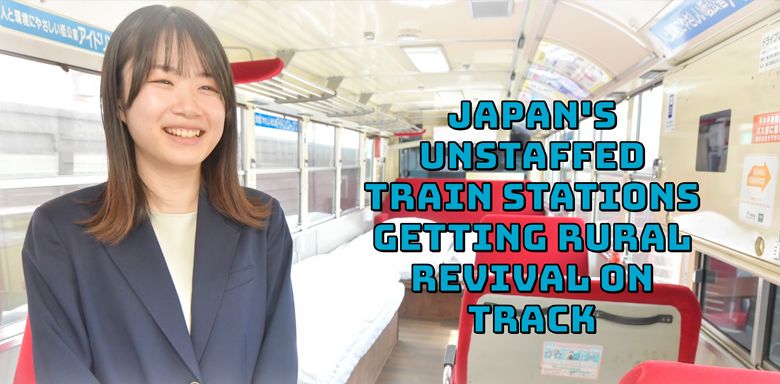Matcha's moment in peril as Trump tariff threat looms over industry
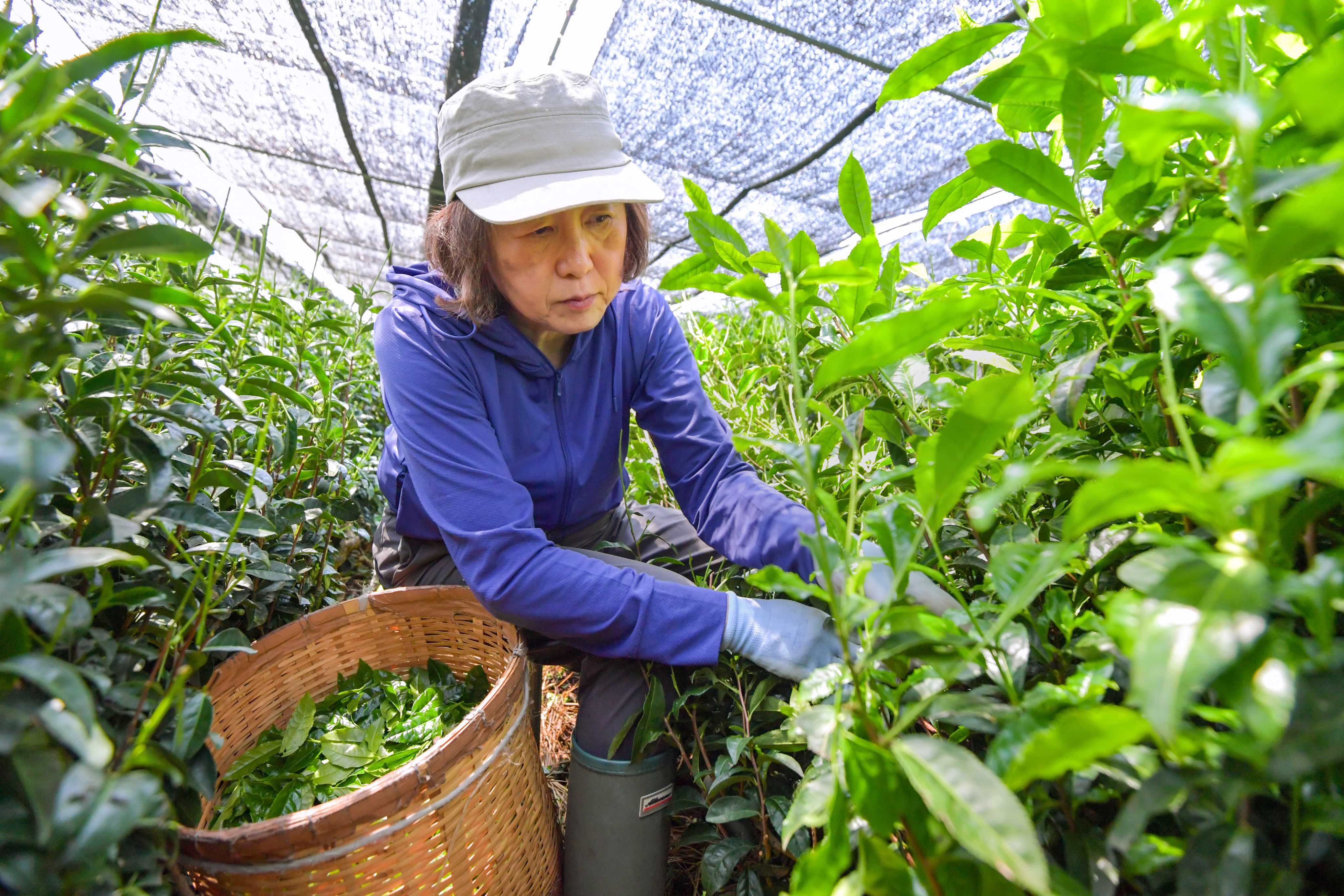
A breeze carries murmurs and quiet laughter between the rows of bright green tea leaves that are growing in dappled shade as workers harvest the plants that are destined to become matcha.
The Kokaen tea farm in Toyota, Aichi Prefecture, is just one of the many across Japan that has benefited from the sudden surge in interest in powdered green tea, but the industry is now facing uncertainty caused by U.S. President Donald Trump's tariff salvos.
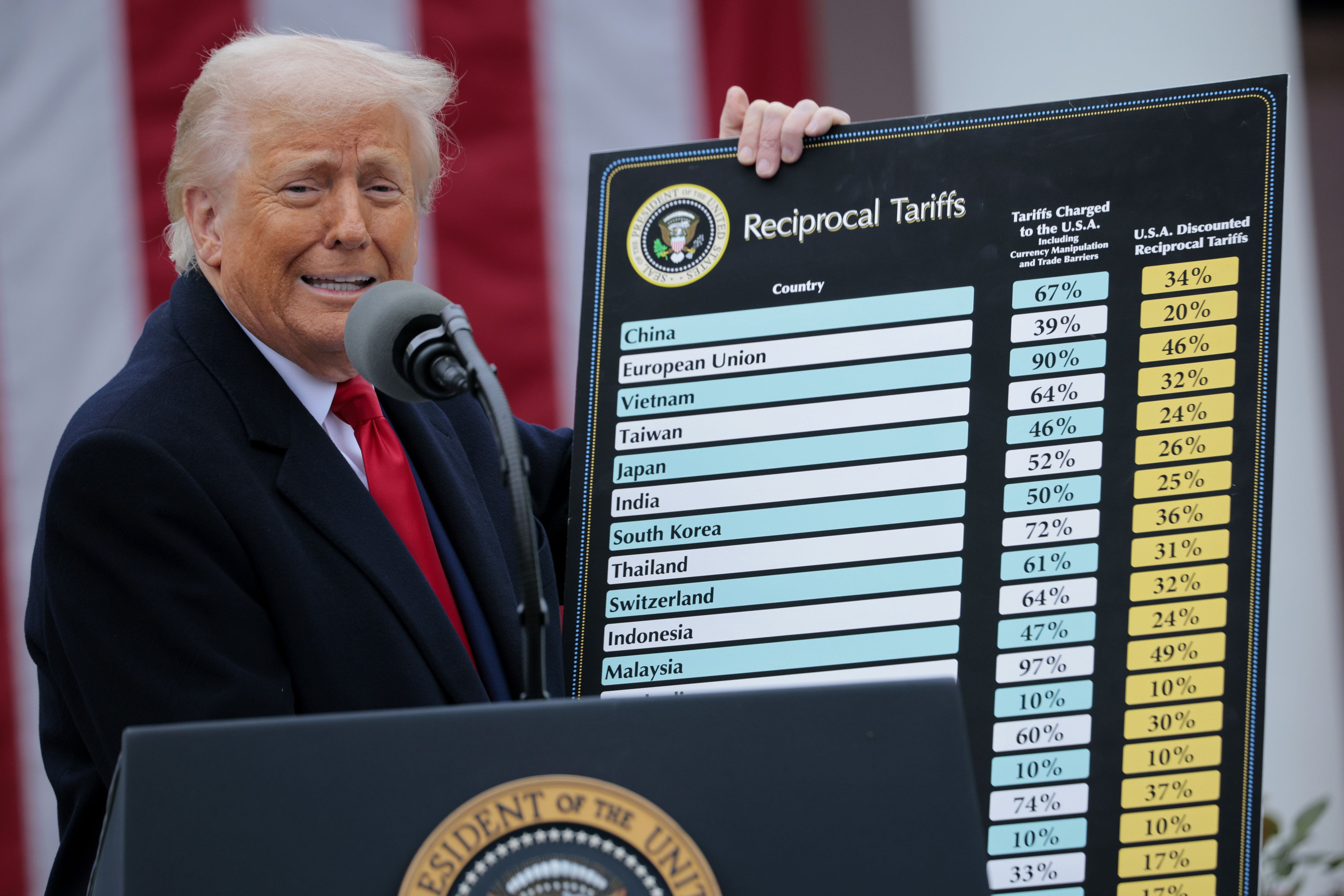
"Global demand for matcha, especially from the United States is extremely high. If the tariffs are imposed, it is likely to affect sales," said Yoshitaka Noba, the third-generation owner of Kokaen.
Founded by Noba's grandfather Takakichi in 1945, Kokaen is one of the few remaining tea farms in the region better known for hosting Toyota Motor Corp. and its factories. Nishio, the neighboring city, is especially known for green tea.
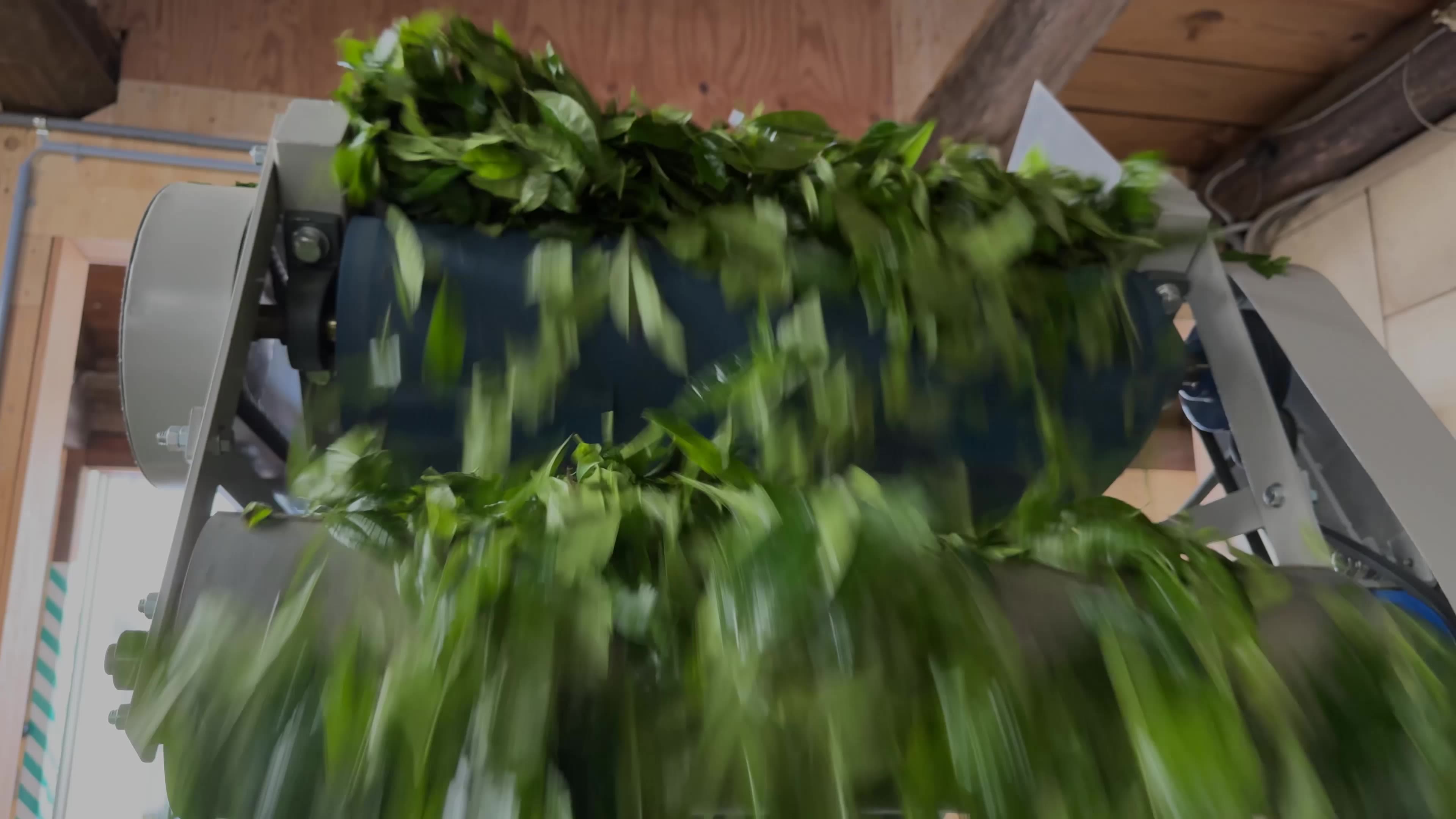
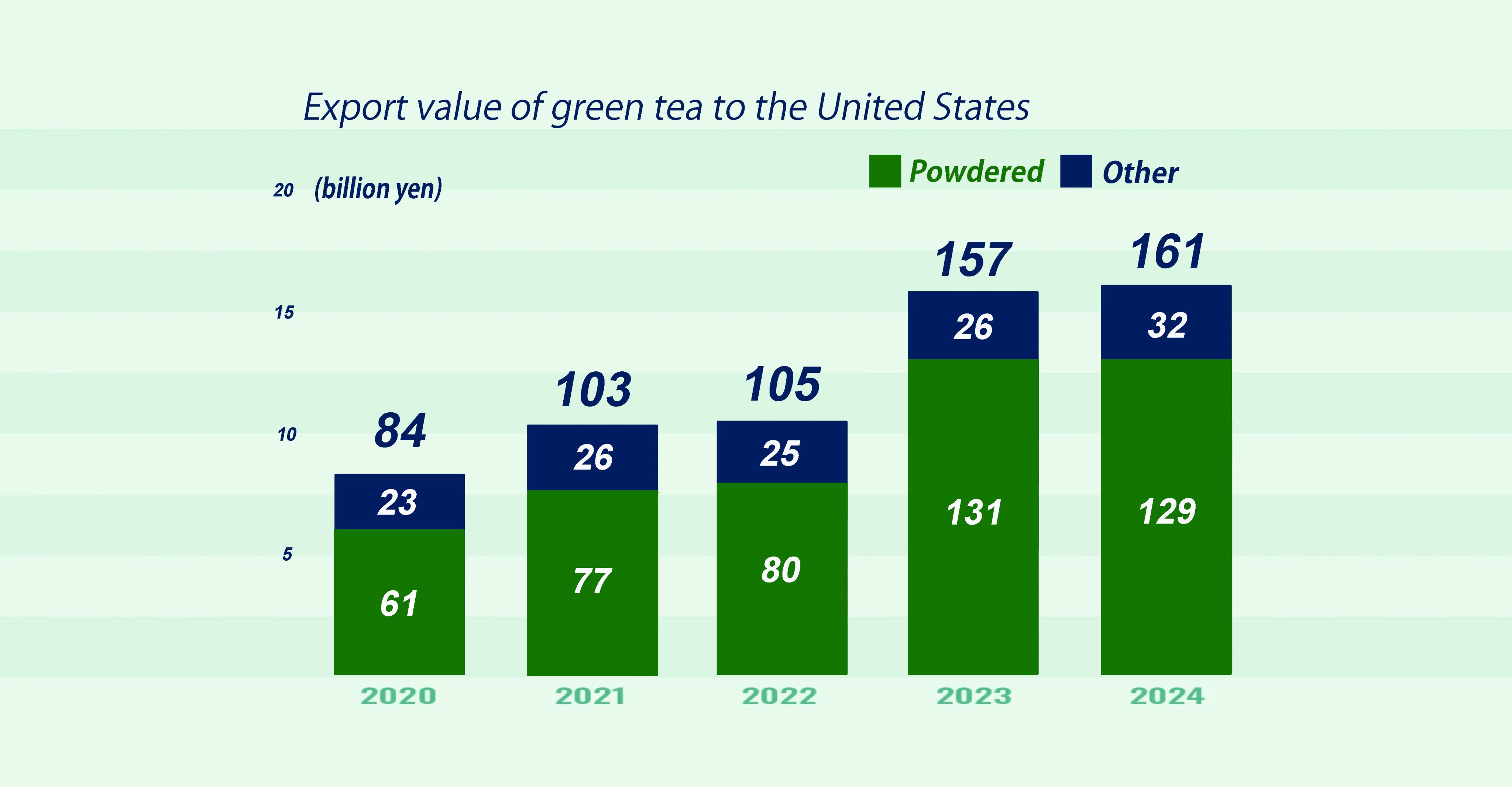
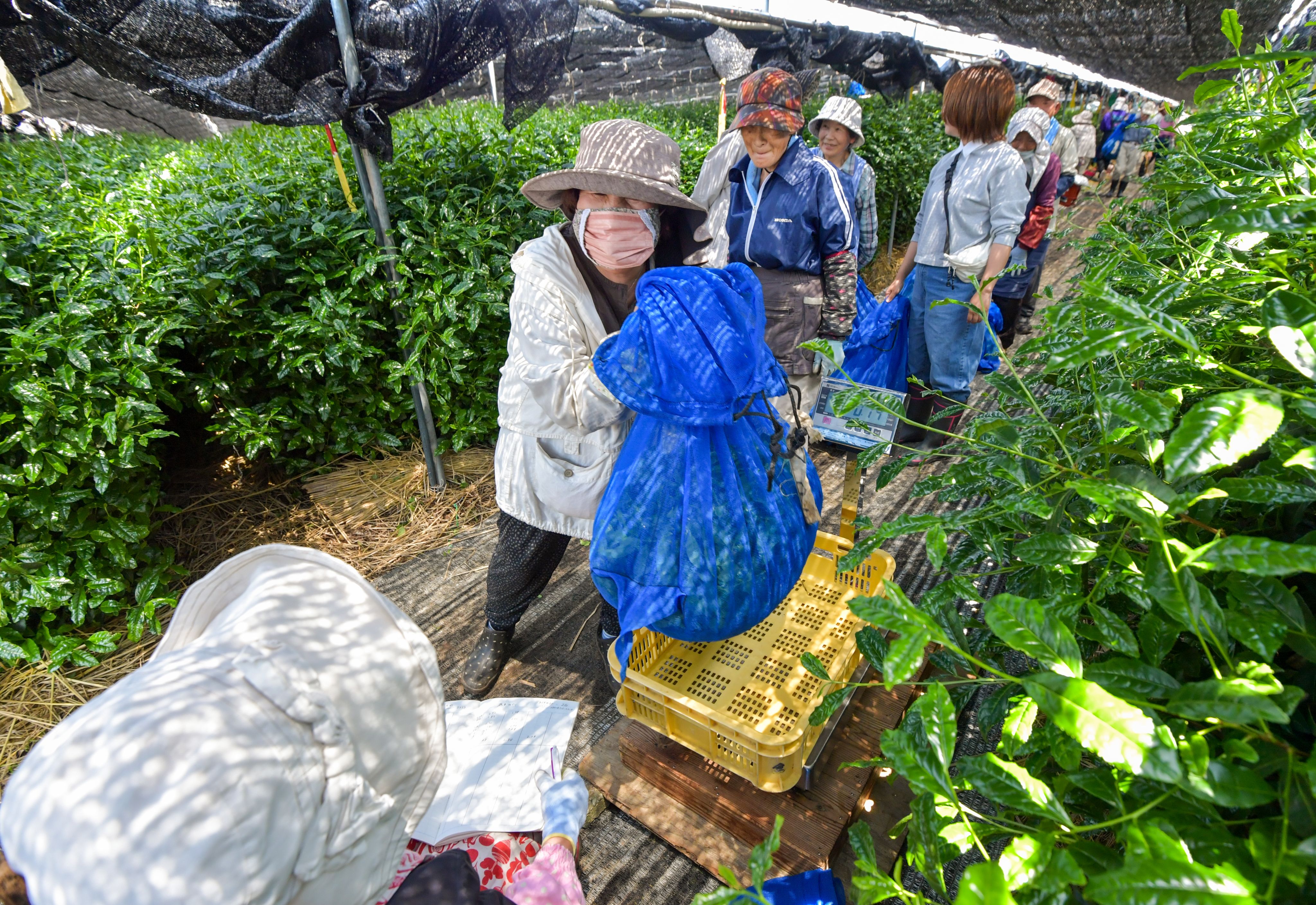
Japanese green tea exports have surged in the past few years, marking a record 36.4 billion yen ($259 million) in 2024, more than triple the value of ten years earlier.
According to the Finance Ministry, the United States took 44.2 percent of those exports, significantly more than Germany which, at 9.2 percent, was second.
Production, however, has lagged behind demand. Some 75,200 tons were grown in 2023, down by more than 20 percent compared to 15 years ago, according to the Japanese Association of Tea Production.
Experts attribute the decrease to myriad reasons, including the country's rapidly declining population.
The Japanese government has been incentivizing farmers to switch from other tea varieties to tencha, a tea leaf typically ground to make matcha, as international demand soars.
While tencha production in 2023 grew to 4,176 tons, more than twice that of 2014, it nonetheless only makes up 5.6 percent of all aracha, or unprocessed tea.
The shift to tencha has been slow as investing in new machinery, including what is required to powder the leaves, can cost billions of yen. The process itself is very labor intensive, according to Noba.
"Tea farmers may hesitate to turn to matcha production as it's difficult to ascertain whether this is a temporary fad or whether it will end up sticking around for longer," he said.
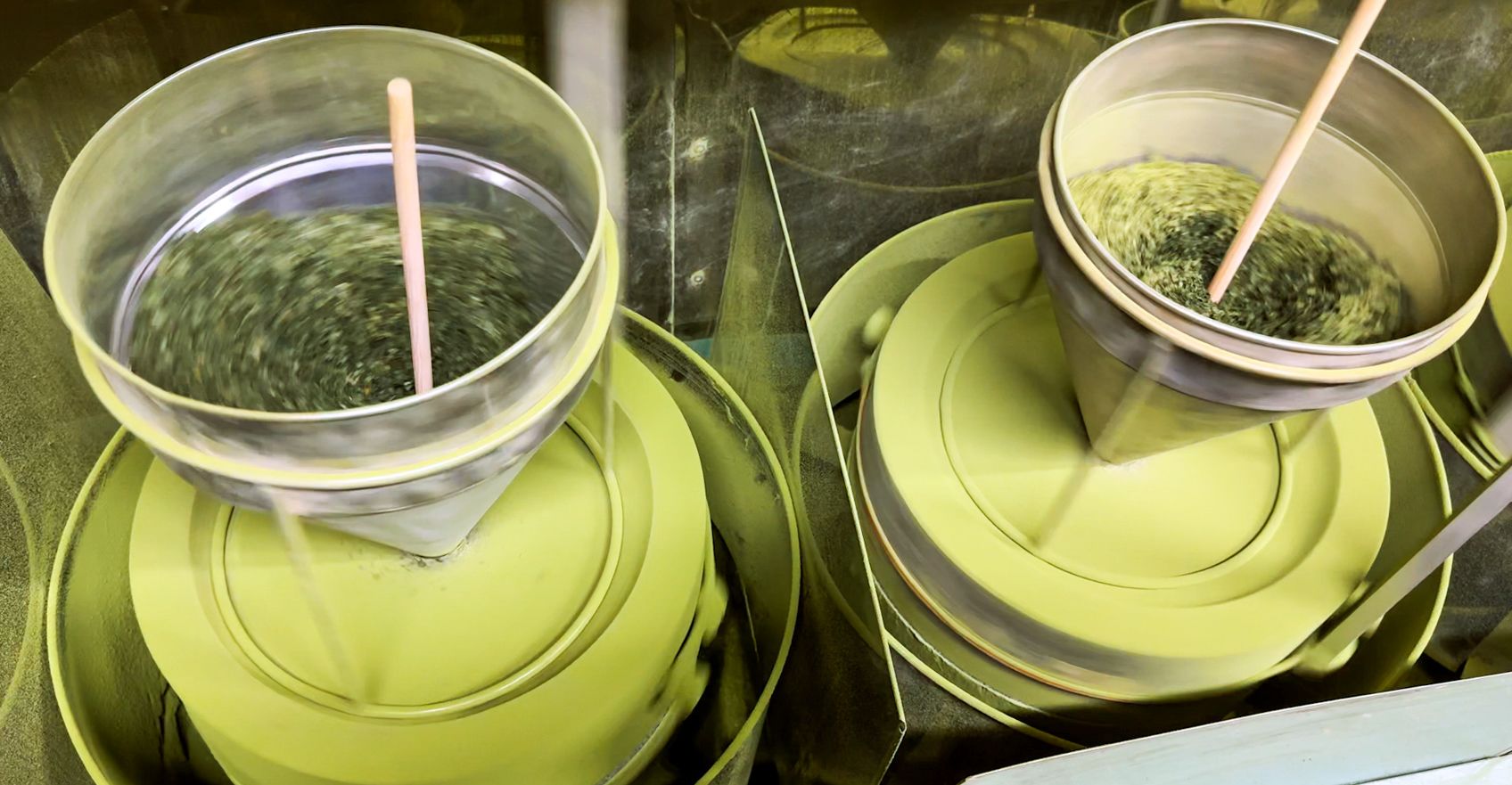

Tencha is usually harvested between April and May. Kokaen manages eight farms totaling 1.6 hectares, hiring people to pick leaves from one of its locations spanning less than a hectare, while the remaining farms are harvested using machinery.
"Our business relies heavily on what we produce in this one month," Noba said.
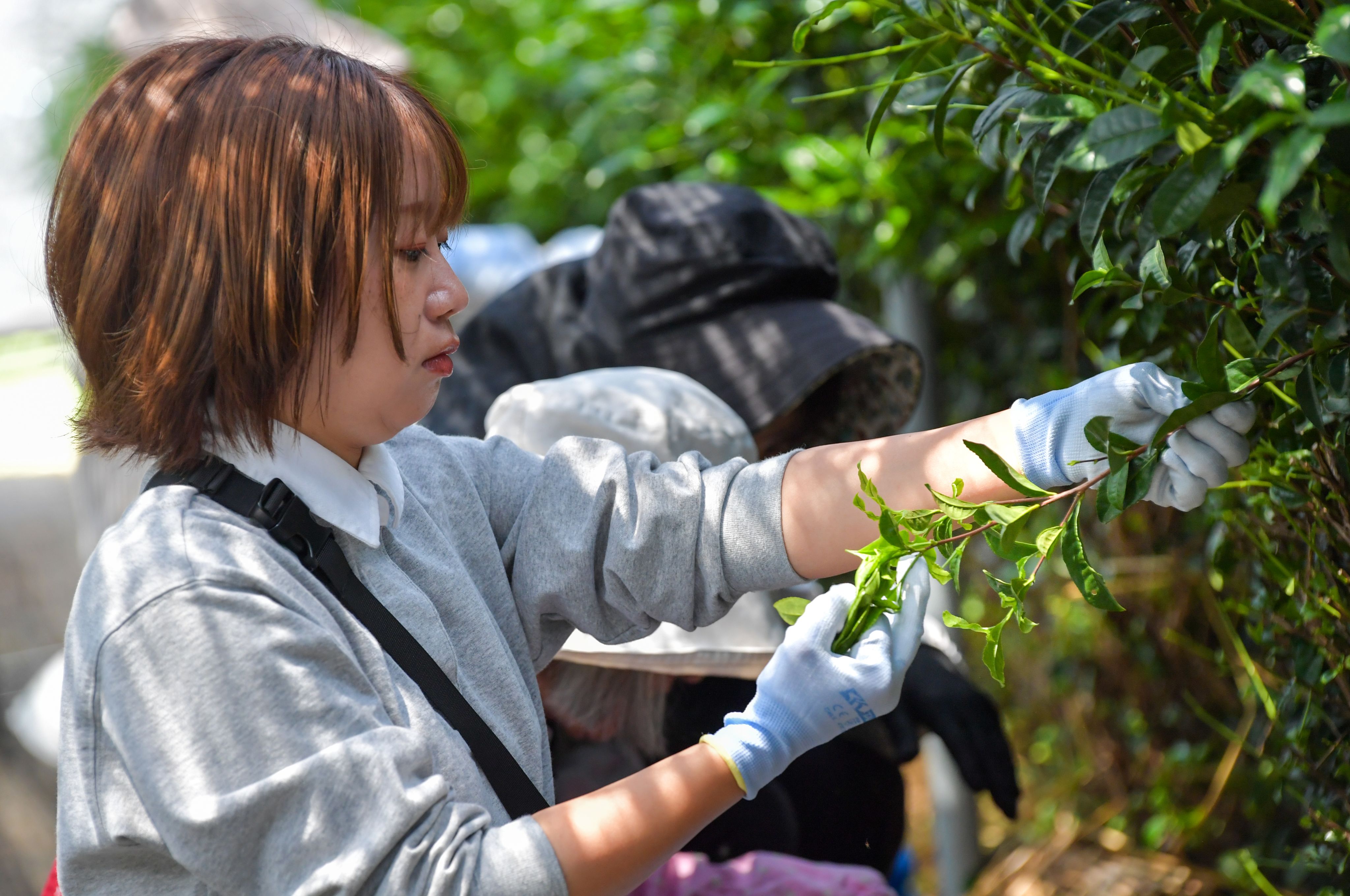
The global popularity has been a boon to the Japanese tea industry, thanks in large part to matcha being a rich source of nutrients, vitamins and amino acids.
"There was a growing interest in health during the coronavirus pandemic, and people turned to matcha as they had an impression of it as being beneficial," said Yukiko Motohara from the Japan Food Product Overseas Promotion Center -- part of the Japan External Trade Organization.
Its popularity has been supplemented by its use in sweets as well, Motohara said.
JFOODO, which specializes in promoting various Japanese foodstuffs including sake and miso, has thrown its weight behind Japanese tea since 2017.
While matcha has been mainly sold in luxury supermarkets in the United States, Motohara believes that its popularity will likely grow as it becomes more widely available.
However, despite the ever-increasing attention from abroad, businesses dependent on exports to the United States have been wary about the potential effects of tariffs on profits as uncertainty mars future decisions. Tea, for example, is currently exempt from import taxes.
In what he has labeled "reciprocal tariffs," Trump unleashed a baseline 10 percent duty for almost all nations in the world and additional, higher country-specific levies for about 60 major trading partners that have trade surpluses with the United States.
U.S. President Donald Trump holds up an executive order at the White House in Washington on April 2, 2025. (Getty/Kyodo)
U.S. President Donald Trump holds up an executive order at the White House in Washington on April 2, 2025. (Getty/Kyodo)
The Organization for Economic Cooperation and Development recently cut its global economic growth outlook for 2025.
The tariff hikes have been paused for 90 days until early July to allow for negotiations, with Japan having sent its envoy to Washington multiple times in a bid to reach an agreement.
(All photos of matcha in this section are screenshots from Japan External Trade Organization's Japan Food Product Overseas Promotion Center green tea Instagram page made for the United States @justteayourself)
"Tea is not a necessity, it is considered a luxury item and is therefore influenced by economic conditions. If the U.S. economy suddenly deteriorates, the value of what we produce may also suddenly drop," Noba said.
In order to maintain the ongoing popularity of matcha abroad, JFOODO's Motohara suggests that consumers should focus on the rich history and artisan skills behind producing high-quality Japanese green tea -- tariffs be damned.
Kokaen's Noba agrees, but also hopes the tariff situation can be resolved sooner rather than later.
"Matcha isn't produced in the United States, so those who want the tea will purchase it (from us) regardless of tariffs," Noba said.
"But it would be nice for the levies to be withdrawn, for the world to become one in which we are able to deliver our product as freely as possible to anyone who wants it."
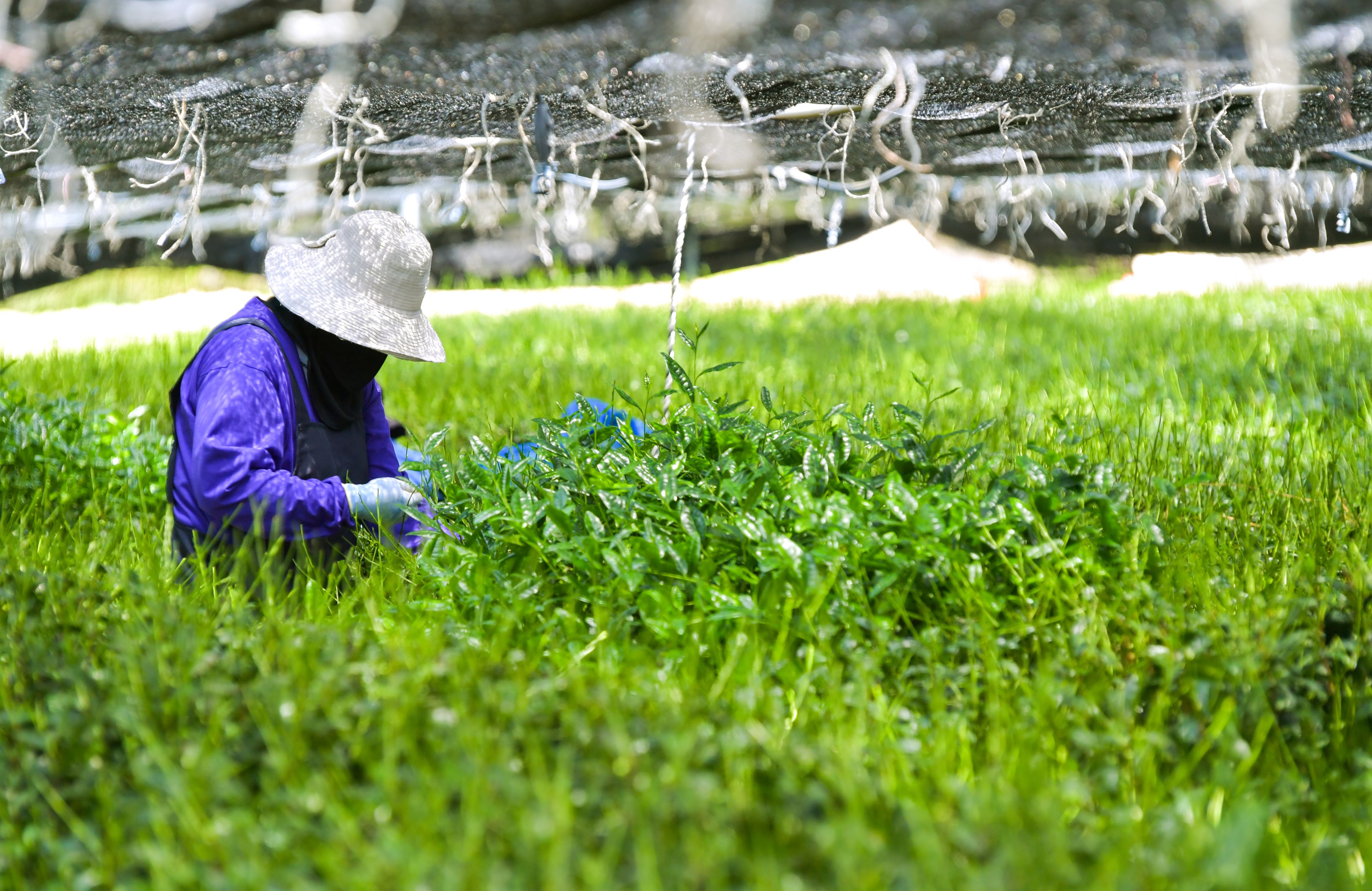
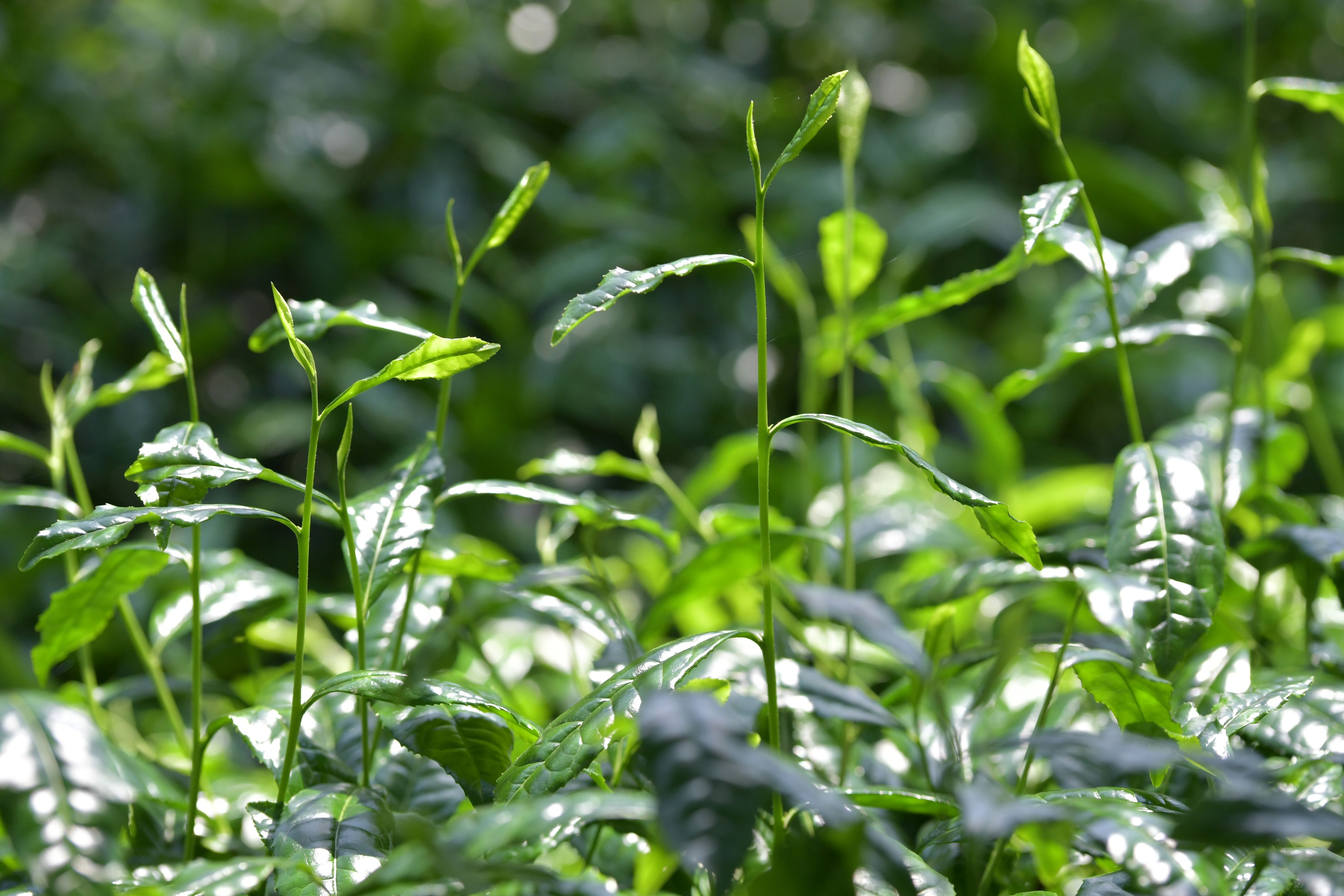
Text : Toma Mochizuki
Photo : Yuki Murayama
Text editor : David Hueston
Production Support : Kevin Chow, Janice Tang
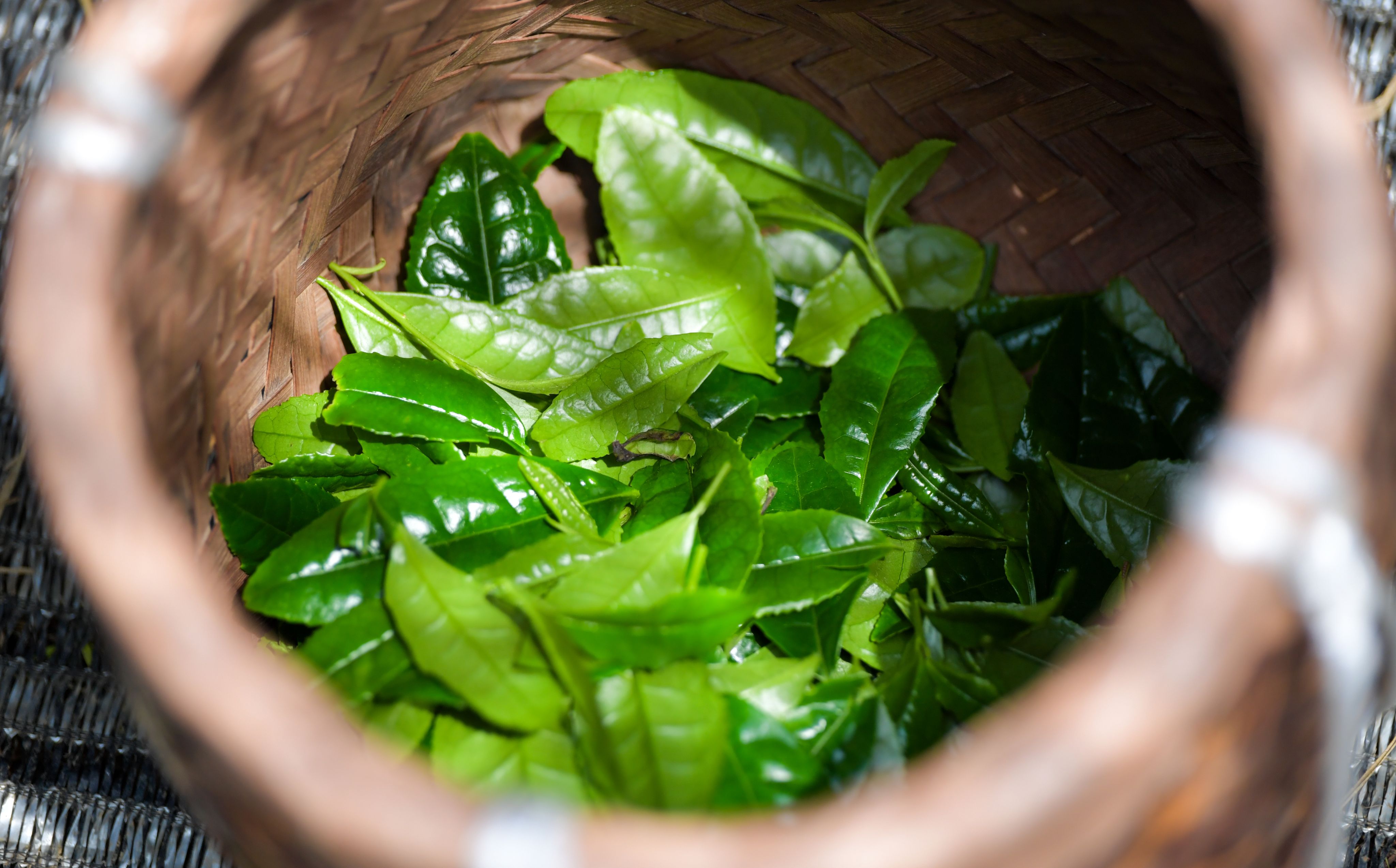
Other Spotlight Japan Stories
The way of Sake
The addition of the traditional knowledge and skills used in sake-brewing to UNESCO's Intangible Cultural Heritage List highlighted an industry facing shrinking consumption in Japan, but eyeing growing interest abroad, and possibly beyond.
Subterranean defenses prepare Tokyo for worst-case flood extremes
After visitors descend stairs winding 50 meters below ground, they emerge to an otherworldly sight -- a cavernous, dimly lit space with towering pillars reminiscent of a temple in ancient Rome.
Japan's unstaffed train stations getting rural revival on track
With rural Japan experiencing severe depopulation, some unstaffed train stations and vacant homes are being transformed into places for tourists to stay -- and it is proving a success.
Kinugawa Onsen reversing "haikyo" image amid foreign visitor boom
On the banks of Kinugawa River, a row of abandoned, crumbling hotels stands like a relic of a forgotten past. A destination that once thrived as a hot spring resort during Japan's bubble economy era of the 1980s, many parts of Kinugawa Onsen have now fallen silent.
The Company uses Google Analytics, an access analysis tool provided by Google. Google Analytics uses cookies to track use of the Service. (Client ID / IP address / Viewing page URL / Referrer / Device type / Operating system / Browser type / Language /Screen resolution) Users can prevent Google Analytics, as used by the Company, from tracking their use of the Service by downloading and installing the Google Analytics opt-out add-on provided by Google, and changing the add-on settings on their browser. (https://tools.google.com/dlpage/gaoptout) For more information about how Google handles collected data: Google Analytics Terms of Service (https://policies.google.com/technologies/cookies?hl=en#types-of-cookies) Google Privacy & Terms(https://policies.google.com/privacy)
© Kyodo News. All Rights Reserved. No reproduction or republication without written permission.


